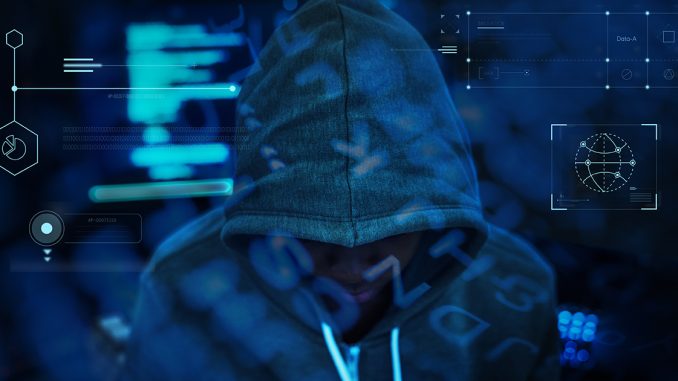
In today’s digital age, cybercrime continues to evolve, with viruses, malware, and sophisticated hacking attacks threatening individuals, businesses, and governments. Against this growing threat, ethical hackers play a crucial role in defending our digital world. Often called “white hat hackers,” these cybersecurity professionals use their skills to identify vulnerabilities before malicious hackers can exploit them.
1. Who Are Ethical Hackers?
Ethical hackers are cybersecurity experts authorized to test and probe systems, networks, and applications for security weaknesses. Unlike malicious hackers, they operate legally and transparently, following strict codes of conduct. Their goal is to find flaws, report them, and help organizations fix them before cybercriminals can cause damage.
2. How Ethical Hackers Fight Viruses and Cybercrime
It use a variety of techniques, including penetration testing, vulnerability assessments, and security audits, to simulate real-world cyberattacks. By mimicking the methods of malicious hackers, they uncover security gaps that could lead to virus infections, data breaches, or ransomware attacks. Their work strengthens defenses and improves overall cybersecurity resilience.
3. The Importance of Ethical Hacking in Virus Prevention
Viruses and malware often exploit unpatched software vulnerabilities or weak security configurations. It identify these risks early, allowing companies to patch systems before attacks occur. They also help design secure software and train employees on safe practices, reducing the chances of infection from phishing or malicious downloads.
4. Collaboration with Organizations and Law Enforcement
Ethical hackers frequently collaborate with IT teams, cybersecurity firms, and law enforcement agencies to track and combat cybercriminal activities. By sharing intelligence on emerging threats and attack techniques, they enhance collective defense capabilities. This cooperation helps dismantle cybercrime networks and brings perpetrators to justice.
5. Growing Demand for Ethical Hackers
As cyber threats increase, so does the need for ethical hackers. Businesses across all sectors now recognize the value of proactive security testing to protect sensitive data and maintain customer trust. This demand has led to a rise in certifications such as CEH (Certified Ethical Hacker) and expanded career opportunities in cybersecurity.
Final Thoughts: Ethical hackers are indispensable allies in the fight against viruses and cybercrime. Their expertise not only protects digital assets but also fosters a safer online environment for everyone. By embracing ethical hacking, organizations can stay one step ahead of evolving threats.
